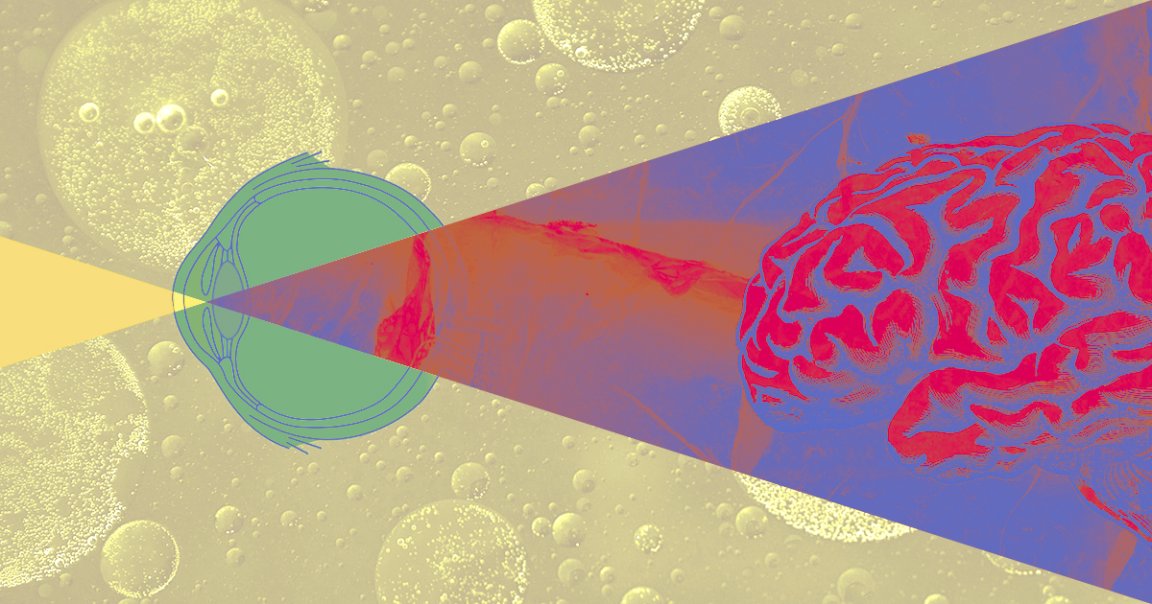
Eye Contact
Alzheimer’s is a ruinous brain disease that causes progressive memory loss. For years, we lacked a practical way to detect it — but new evidence suggests that a non-invasive eye scan could spot early signs of the condition.
At the 122nd Annual Meeting of the American Academy of Ophthalmology, not one but two research teams presented studies that suggest that changes in blood vessels in the eye can indicate Alzheimer’s before symptoms appear — and it may be the early detection technique we need to get ahead of this devastating disease.
Don’t Blink
The eye imaging technique at the center of both studies is called optical coherence tomography angiography (OCTA). It uses light waves to image the retina in cross sections — a non-invasive scanning process that takes less than 30 seconds, but can provide researchers with a detailed view of even the smallest veins in the eye.
For their study, researchers from Duke University compared the OCTA scans of healthy people with the scans of people with Alzheimer’s or mild cognitive impairments. They noticed that only the scans of the people with Alzheimer’s revealed the loss of certain small retinal blood vessels and a thinning of a specific layer of the retina.
Researchers from Israel’s Sheba Medical Center took a different approach for their OCTA study. They compared the OCTA scans of people with a family history of Alzheimer’s but no actual symptoms with those of people with no family history of the disease. The OCTA scans revealed that the innermost retina layer was thinner in the people with a family history of Alzheimer’s.
Scan the Room
Right now, our best means for detecting Alzheimer’s early are expensive brain scans or potentially harmful spinal taps. However, treatments are most likely to be effective when applied early, meaning early diagnosis is key to our success in battling this disease.
Based on the results of these studies, OCTA could be the quick, inexpensive Alzheimer’s screening technology we’ve been waiting for.
READ MORE: Evidence Mounts That an Eye Scan May Detect Early Alzheimer’s Disease [American Academy of Ophthalmology]
More on Alzheimer’s: The Most Valuable Alzheimer’s Test Created So Far